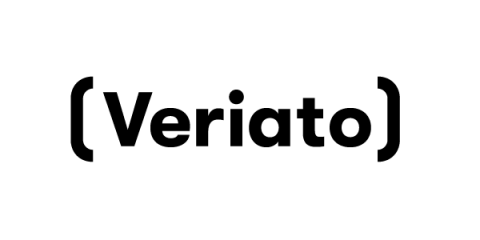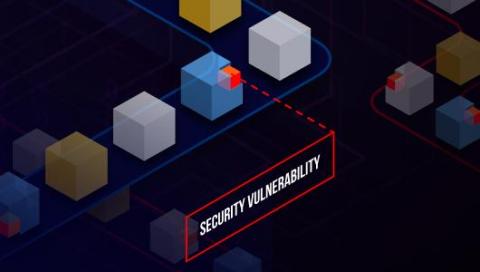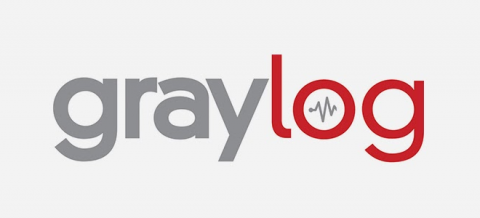Q2 Trends: More Cybersecurity and More Cloud
The coronavirus pandemic has forced a transformation in working practices and with it, the way MSPs manage customer cybersecurity. The possible return to the physical workplace and lingering economic uncertainties pose new challenges for tech leaders. These behavioral changes are measured in this Pulse report, which analyzes IT priorities and budgets in this area for Q2 of 2021. What do IT leaders expect the coming months to look like in terms of IT spending and priorities in their departments?









